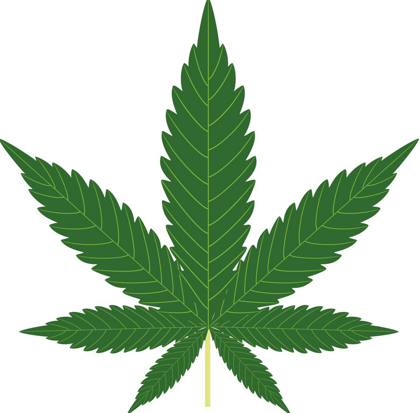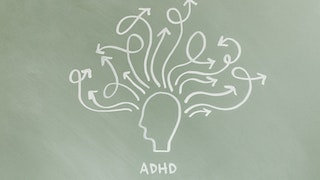Mental Health | Is There a Place for Cannabidiol in Psychiatric Treatment?

 Mental Health Minnesota | Cannabidiol (CBD) is considered to be a non-psychotomimetic and non-psychoactive derivative of Cannabis sativa.
Mental Health Minnesota | Cannabidiol (CBD) is considered to be a non-psychotomimetic and non-psychoactive derivative of Cannabis sativa.
It was patented by the US Department of Health and Human Services in 2003 as an antioxidant and neuro-protectant. CBD has a complex mode of action which includes inverse agonism (functionally an antagonist) of CB1 and CB2 cannabinoid receptors, mild monoamine uptake inhibition, and 5-HT1A agonism.
Additionally, reviews based on preclinical and clinical research identify CBD as an anxiolytic, antipsychotic, anti-insomnia and antidepressant agent. Furthermore, it has putative anti-inflammatory, antidiabetic, analgesic, and neuroprotective properties.
Adjunct use of CBD in schizophrenia is supported by the highest quality of evidence.
A recent randomized controlled trial demonstrated superiority of adjunctive CBD to placebo in treating positive symptoms of schizophrenia, and a strong trend towards efficacy in addressing cognitive difficulties associated with this condition.
A prior randomized active control study found that monotherapy with CBD had comparable effect to amisulpride (one of the most efficacious antipsychotics) on positive symptoms while demonstrating a clear advantage in treating negative symptoms of schizophrenia. Several open-label studies extend and support the benefits of CBD in psychotic disorders. Preclinical and open-label studies have found that CBD also may be helpful in the treatment of anxiety, particularly social anxiety, using a public speaking paradigm. Mostly preclinical evidence from animal studies suggests there may be a reason to study CBD as an adjunct treatment for depression, while preliminary evidence points to its potential usefulness as a safer substitute for controlled substances used in treating psychiatric and pain disorders.
Preclinical and open-label studies have found that CBD also may be helpful in the treatment of anxiety, particularly social anxiety, using a public speaking paradigm. Mostly preclinical evidence from animal studies suggests there may be a reason to study CBD as an adjunct treatment for depression, while preliminary evidence points to its potential usefulness as a safer substitute for controlled substances used in treating psychiatric and pain disorders.
While emerging evidence is encouraging, more studies utilizing rigorous scientific methodology and larger clinical samples need to be completed before we can endorse wider use of CBD in the treatment of psychiatric disorders.


